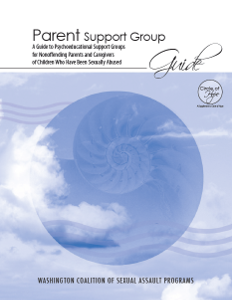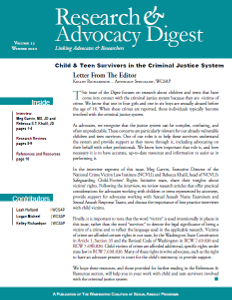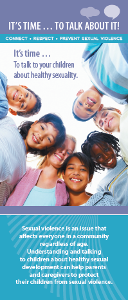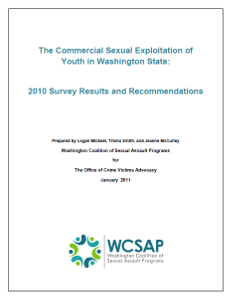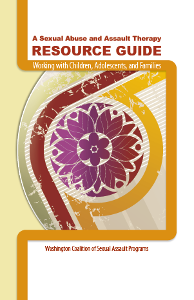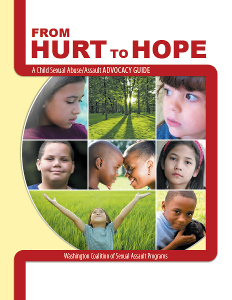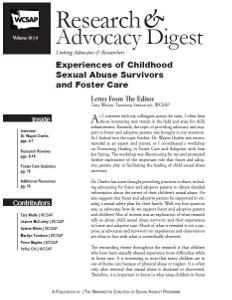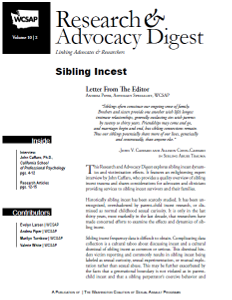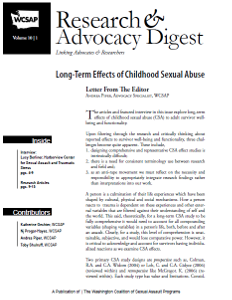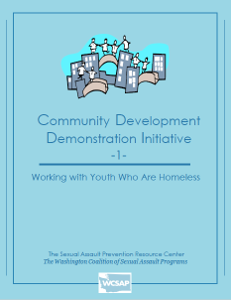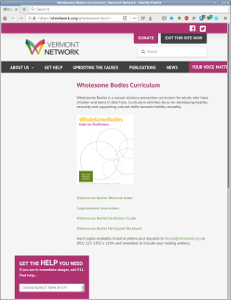This Guide is a supplement to the Washington Coalition of Sexual Assault Programs' (WCSAP) general guide to psychoeducational support groups, Circle of Hope. Circle of Hope provides information about the nature of psychoeducational groups and how they differ from self-help and therapy groups. In addition, there is general…
- Prevention
- Working With Survivors
- Accreditation
- Advocacy Areas
- Culturally Specific
- Legal Resources
- Management
- Medical Resources
- SA Protection Order
- Subpoenas
- Support Groups
- Tech Safety
- Resources
- Policy
- Training
